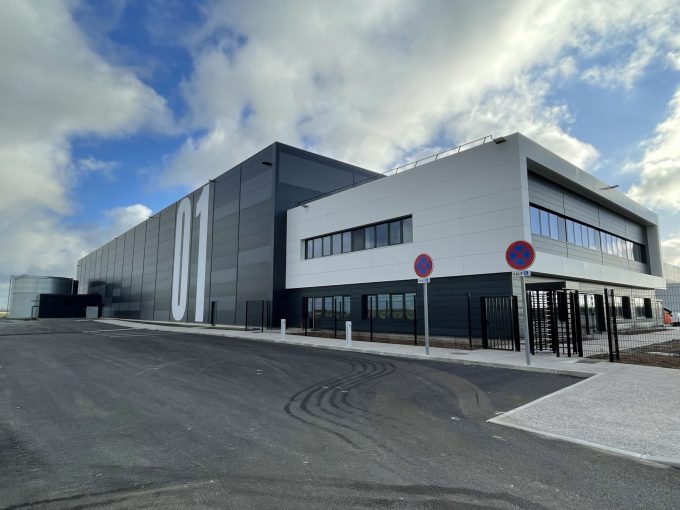Ong Kim Pong to succeed Tan Chong Meng as PSA chief executive
PSA announced today that Tan Chong Meng (above) will retire as group chief executive on ...

BDP, the logistics provider recently acquired by Singapore’s PSA, has signed a deal to handle batteries destined for electric vehicles.
In a deal with Automated Cells Company (ACC), the new PSA BDP will handle logistics at ACC’s first European ’gigafactory’, a 22,000 sqm purpose-built warehouse in Billy-Berclau, ...

Comment on this article
Pichuiyer Balasubramanian
April 28, 2023 at 4:59 pmThis can revolutionise safety related to lithium ion batteries if other players too consider. When it comes to safety, any collaboration and initiatives should be welcomed wholeheartedly.